Congress’ failure so far to pass another round of coronavirus aid leaves state and local officials on their own to deal with the soaring costs of holding a presidential election amid a deadly pandemic.
That could leave them scrambling to solve problems that surfaced during the primary season in time for November’s election.
The coronavirus outbreak has triggered unprecedented disruptions for election officials across the U.S. They are dealing with staffing shortages and budget constraints while also trying to figure out how to process a flood of absentee ballot requests, as more and more states have moved to mail-in balloting as a safer way to vote.
“It is appalling that Congress has not provided the needed resources for state and local elections officials during the COVID-19 pandemic,” said California Secretary of State Alex Padilla. “Elections officials’ ability to fill the gap is nearly impossible given the already strained state and local government budgets.”
In its first round of virus relief in March, Congress sent $400 million to state election offices to help cover unexpected costs related to the pandemic. But that is far short of the $2 billion the Brennan Center for Justice has said is needed.
“Congress’s failure to reach a coronavirus deal is imperiling November’s elections,” said Wendy Weiser, director of the center’s democracy program. “Without an infusion of federal funds, election officials simply won’t be able to prepare adequately for the election, and we will see massive meltdowns across the country.”
In the U.S., state and local officials are responsible for administering elections and covering the costs. But there was no way for them to plan for holding an election in the middle of a pandemic, essentially having to deal with a massive surge in absentee ballots while also trying to keep in-person voting options available after many workers opted out of staffing the polls during the primaries.
“This wasn’t in anyone’s budget,” said Ben Hovland, chairman of the U.S. Election Assistance Commission, which provides support for state and local election officials.
Experts point to the rocky execution of the primaries since the pandemic began, in which there were numerous reports of absentee ballots failing to arrive or rejected for being late. Primaries were marred by hours-long lines in Atlanta, Milwaukee and Las Vegas as polling places were consolidated.
“Without proper funding, guidance and preparedness, the problems seen in previous elections are going to be just the tip of the iceberg this November,” Sylvia Albert, voting and elections director with Common Cause, warned lawmakers during a congressional hearing last week.
If more federal money is made available, it could allow local election offices to hire more temporary workers to help process ballot requests and count ballots on Election Day. It also could be used to boost the pay of poll workers.
In Ohio, Secretary of State Frank LaRose has said he would seek approval to pay postage for absentee ballot applications and returned ballots if he had more money.
In New Mexico, state election regulators are anticipating a $6 million shortfall without additional funding for the November general election. Of the nearly $3.9 million New Mexico received in the first round of congressional virus relief, all but $750,000 was spent during the primary, according to Alex Curtas, spokesman for Secretary of State Maggie Toulouse Oliver.
U.S. Sen. Amy Klobuchar of Minnesota, who has been pushing for more funding for elections, said she remains hopeful a deal can be reached. But she warned that the window was closing for states to take action, such as paying the cost of postage, purchasing drop boxes for ballots, and recruiting and training a new group of poll workers.
“If Congress acts quickly, states can still implement these measures to help keep voters safe this November,” Klobuchar said. “September seems way too late to make a big difference.”
Related Stories
‹
![]()
N.C. Judge Won't Halt Use of Touch-Screen Vote-Mark MachinesTouch-screen ballot-marking machines will remain in use in North Carolina this fall, a judge ruled in a case in which voters questioned the equipment’s accuracy and health risks during the COVID-19 pandemic. The state NAACP joined the four voters who demanded in April that the ExpressVote machines — used in roughly 20 of the state’s 100 counties […]
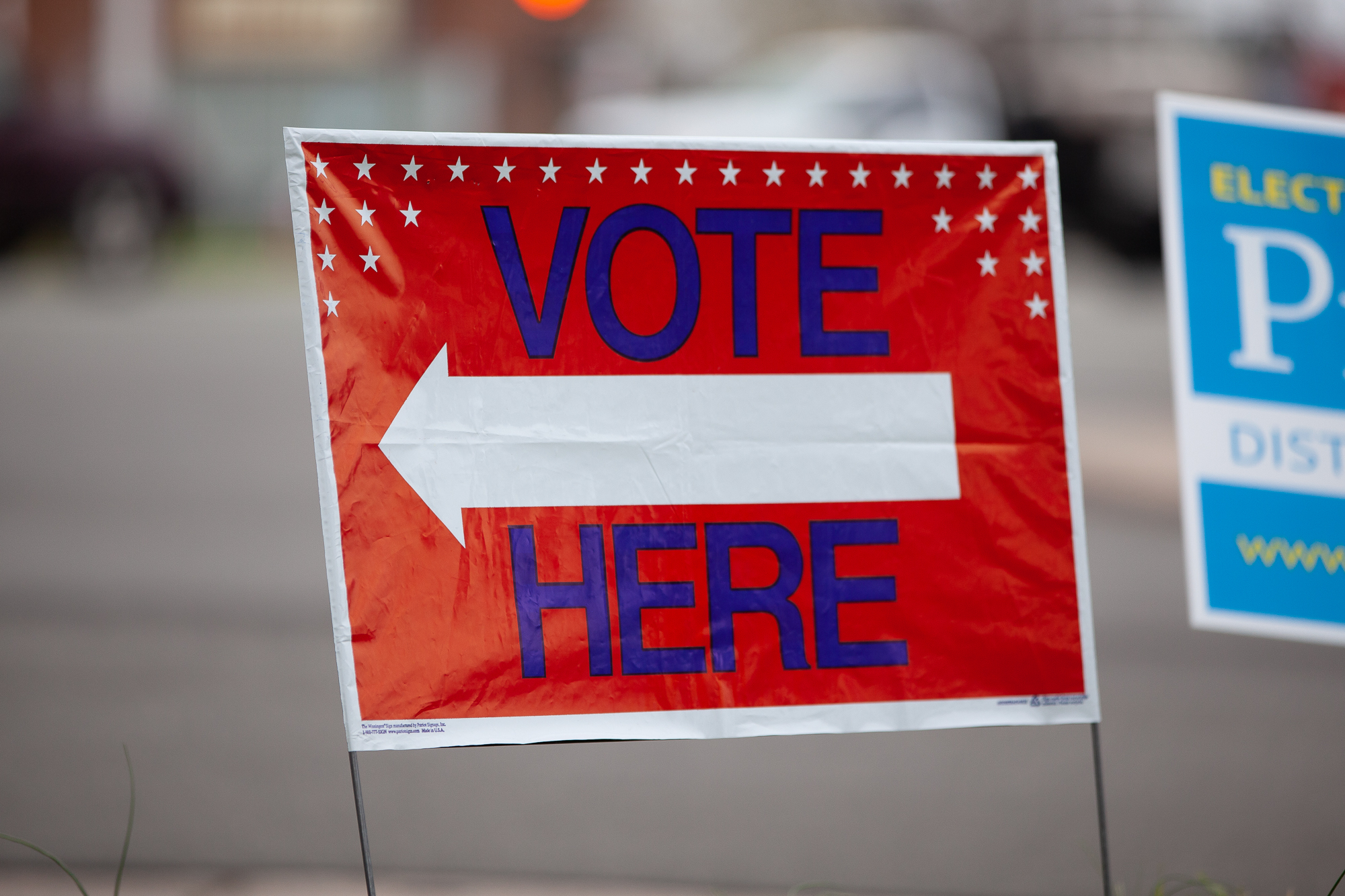
North Carolina Group Asks Judge to Stop Touch-Screen VotingThe North Carolina NAACP has asked a judge to bar the use of a touch-screen voting machine in several counties due to what it says are heightened risks associated with using them during the coronavirus pandemic. The request made to a Wake County judge Wednesday says the ExpressVote machines create “unique and substantial risks to […]
![]()
Judge Weighs N.C. Voting Rule Change Demand With COVID-19A judge is listening to arguments this week about whether the COVID-19 pandemic demands wholesale changes to North Carolina’s voting systems this fall. U.S. District Judge William Osteen scheduled three days of hearings starting Monday involving a lawsuit by two voting advocacy groups and several citizens who fear current rules threaten their health if they want to […]
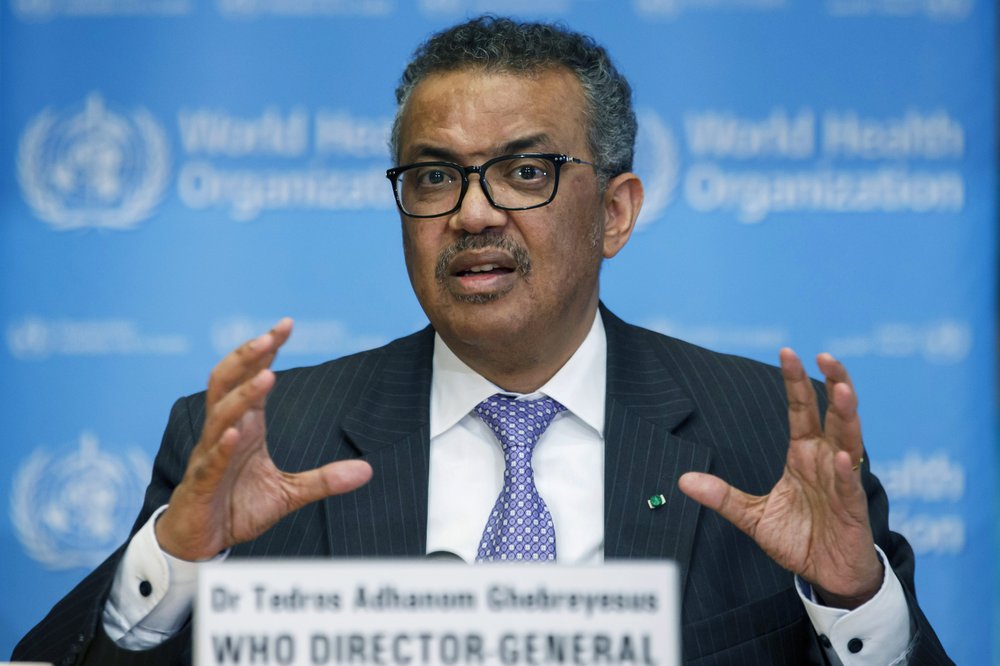
WHO Downgrades COVID Pandemic, Says It’s No Longer EmergencyWritten by MARIA CHENG and JAMEY KEATEN The World Health Organization said Friday that COVID-19 no longer qualifies as a global emergency, marking a symbolic end to the devastating coronavirus pandemic that triggered once-unthinkable lockdowns, upended economies worldwide and killed at least 7 million people worldwide. WHO first declared COVID-19 to be an emergency more […]
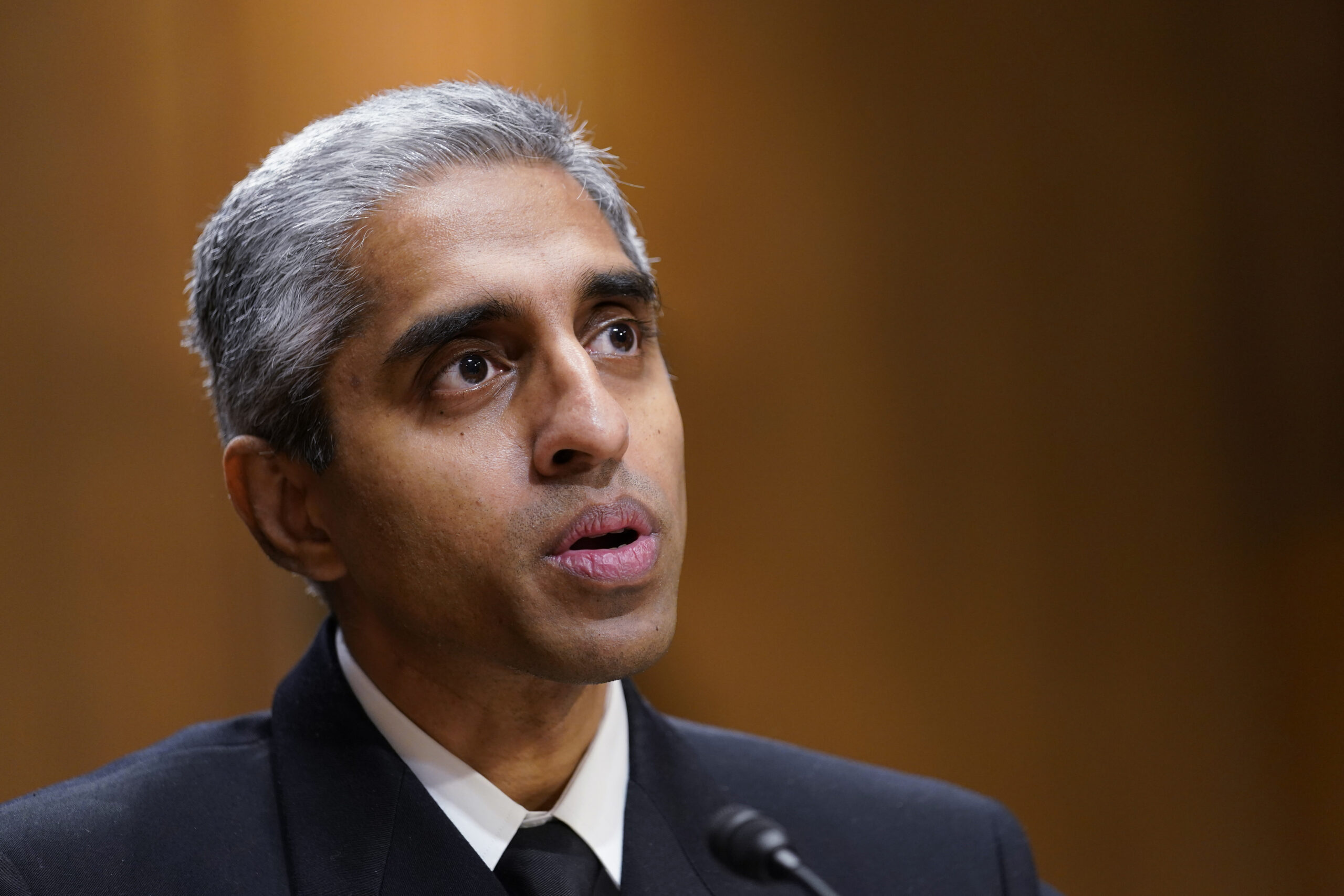
Loneliness Poses Risks as Deadly as Smoking, Surgeon General WarnsWritten by AMANDA SEITZ Widespread loneliness in the U.S. poses health risks as deadly as smoking a dozen cigarettes daily, costing the health industry billions of dollars annually, the U.S. surgeon general said Tuesday in declaring the latest public health epidemic. About half of U.S. adults say they’ve experienced loneliness, Dr. Vivek Murthy said in […]
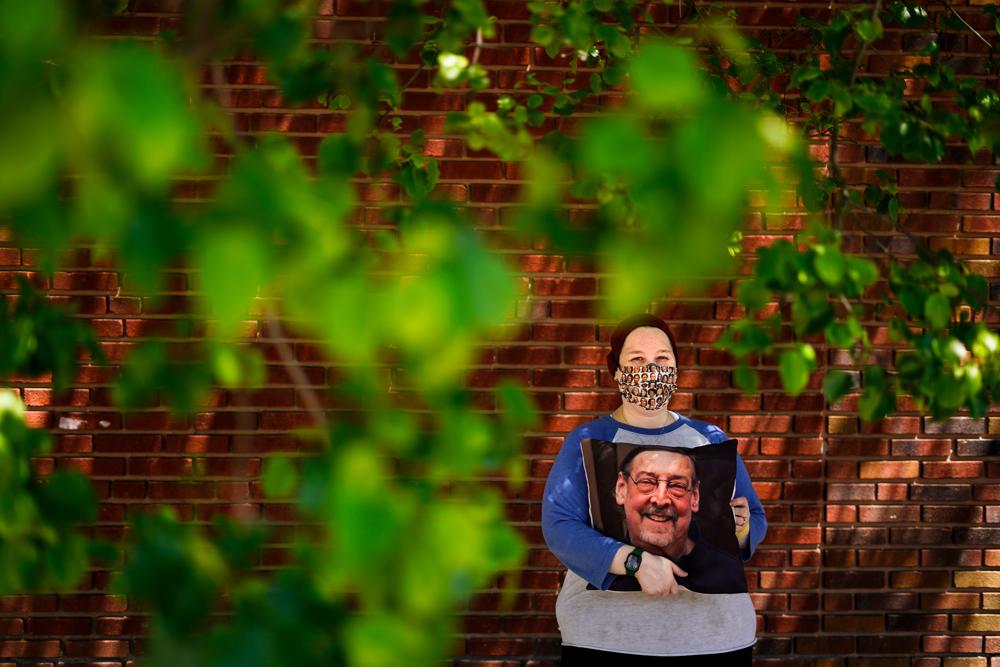
US Deaths From COVID Hit 1 Million, Less Than 2 1/2 Years InWritten by CARLA K. JOHNSON The U.S. death toll from COVID-19 hit 1 million on Monday, a once-unimaginable figure that only hints at the multitudes of loved ones and friends staggered by grief and frustration. The confirmed number of dead is equivalent to a 9/11 attack every day for 336 days. It is roughly equal […]
![]()
How a Kennedy Built an Anti-Vaccine Juggernaut Amid COVID-19Written by MICHELLE R. SMITH Robert F. Kennedy Jr. strode onto the stage at a Southern California church, radiating Kennedy confidence and surveying the standing ovation crowd with his piercing blue Bobby Kennedy eyes. Then, he launched into an anti-vaccine rant. Democrats “drank the Kool-Aid,” he told people assembled for a far right conference, branded […]
![]()
South Carolina Considers Breaking up Public Health AgencySouth Carolina’s public health workers have been tasked with keeping the state safe for 143 years, ever since lawmakers created a health board in 1878 after a yellow fever outbreak killed 20,000 Americans. Now, as the coronavirus pandemic surges, legislators are trying to break their agency apart. As in most states, South Carolina’s public health […]
![]()
Pandemic Backlash Jeopardizes Public Health Powers, LeadersTisha Coleman has lived in close-knit Linn County, Kansas, for 42 years and never felt so alone. As the public health administrator, she’s struggled every day of the coronavirus pandemic to keep her rural county along the Missouri border safe. In this community with no hospital, she’s failed to persuade her neighbors to wear masks and take […]
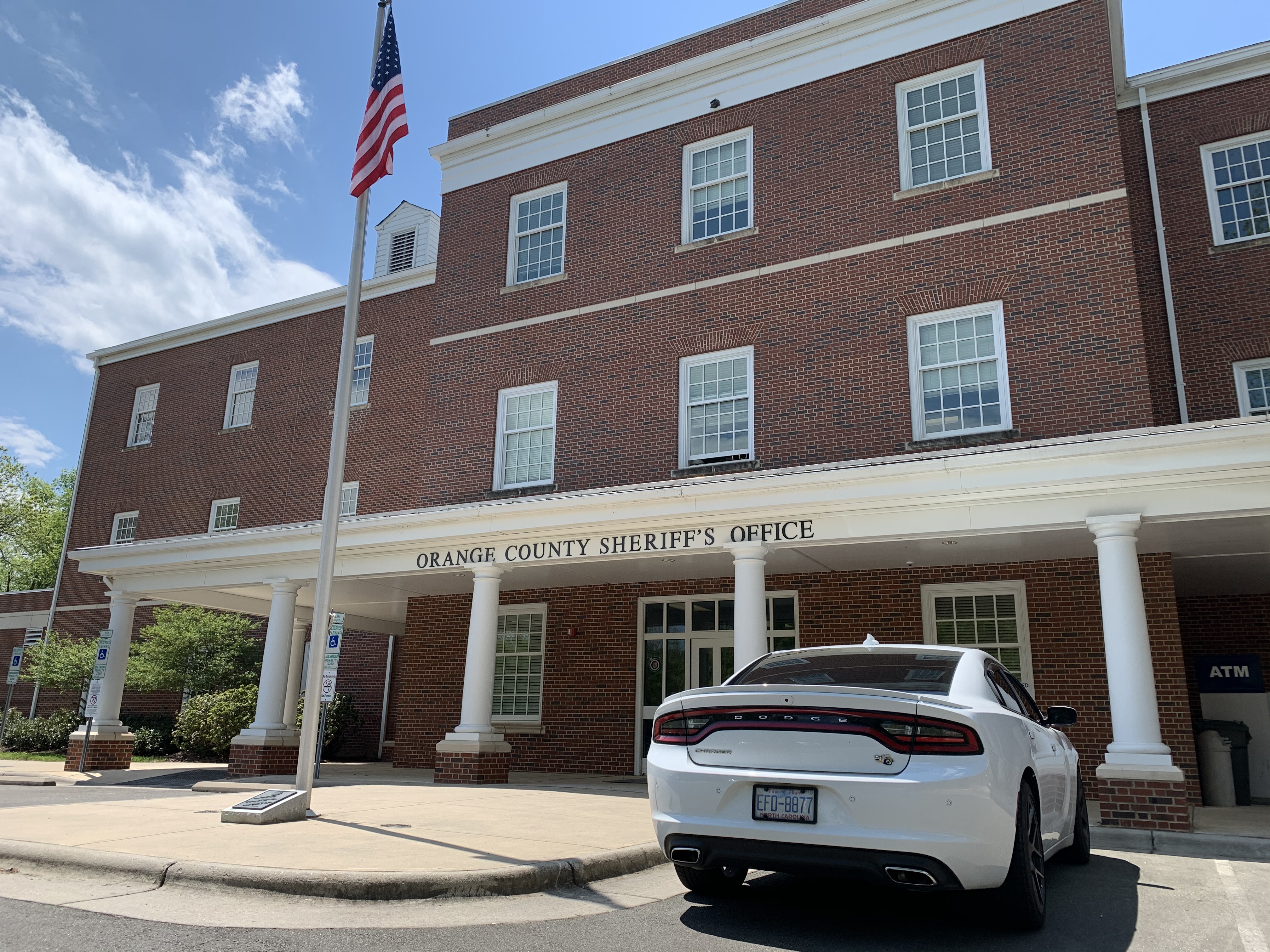
Orange County Sheriff's Office Limits Public Access, Cites Local COVID-19 SpreadThe Orange County Sheriff’s Office closed its office access to the public this week, a temporary move to protect its workers’ and the public’s health amid rises in COVID-19 cases. Orange County Sheriff Charles Blackwood signed a printed letter on the door of the office in Hillsborough, saying the measure is to protect the health […]
›






